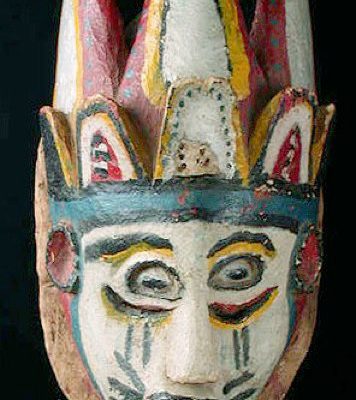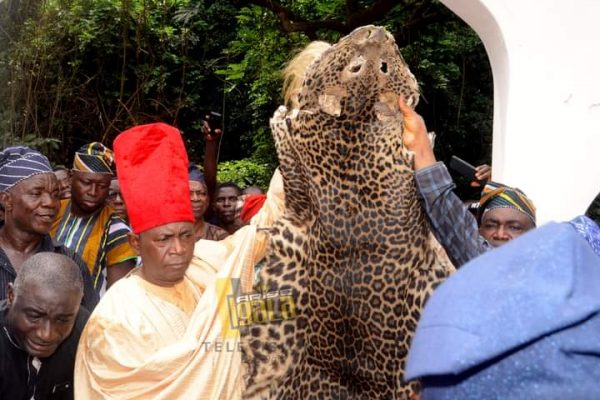Once upon a time, a female crocodile settled on the bank of a river. One evening, as she strolled along the shore, she discovered some eggs lying in a nest, partially covered. She marveled at their freckled beauty, wishing they were her own. When she returned home, she mentioned her find and sought help to decorate her eggs. She was directed to Mr. Tortoise, who was renowned for his skill in decorating eggs. Thanking her […]
Kigala: Speak & Write Igala
ÒKPÒNÒHÌÒ / ,ò .kpò .nò .hjò / abstract noun. high publicity; wide broadcast; exceptionally loud notice or attention given to something or someone in the public space. (Used exclusively in a verbal form). Verb. nù-òkpònòhìò / ,nùò ,kpò ,nò ,hìò / Definition: To give high publicity; to broadcast widely to a large audience; to draw attention to a particular issue of public interest. Verb: Nù-òkpònòhìò: To give high publicity; to broadcast widely to a […]
Revitalizing Igala Language and Culture: A Call to Action
The Igala people take immense pride in safeguarding their timeless heritage. This heritage, like a binding force, unites them both within their homeland and across the globe. It is heartening to witness the unwavering resilience of their culture, guiding them from the depths of antiquity into the modern era. However, the Igala language and culture stand at a crossroads, with the alarming risk of fading into obscurity. Preserving a Unique Legacy The Igala […]
The Psychology of African Royal Cognomens
Merriam Webster Dictionary (1828) defines ‘cognomen’ as a “distinguishing nickname or epithet.” In several cultures of the world, boys that have just attained puberty are likely to seek attention, particularly from their female counterparts. Their innate AGM (Attention-Getting Mechanism) triggers the adolescence crushes that they exhibit, including taking ego-massaging nick-names. An excited teenage boy is wont to declare: “Òmi àkpòlì” (I, the tempest). Another may take the appellation of “Ọ̀kákwū” (Hippopotamus) or “Ọ̀nyẹ̀” (Crocodile). All […]
Free Igala Keyboard Layout For You
It is true that Igala writing has nose-dived precipitously since the subject, ‘Vernacular,’ was removed from the Nigerian school syllabus in the 1970s. But we do not have forever to wait for government to restore it for Igala language to resume being taught in schools. The curriculum to drive that will drive the process was ready for approval since August, 2019, courtesy of Mrs. Ọjọchẹnẹmi Rosemary Oshikọya, the then-Education/Science and Technology Commissioner in Kogi State […]





